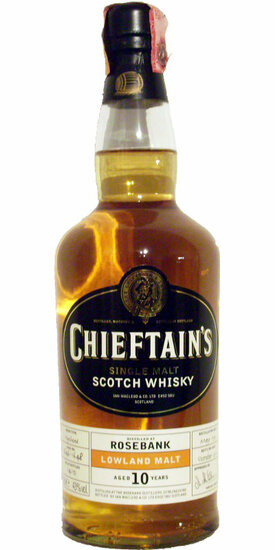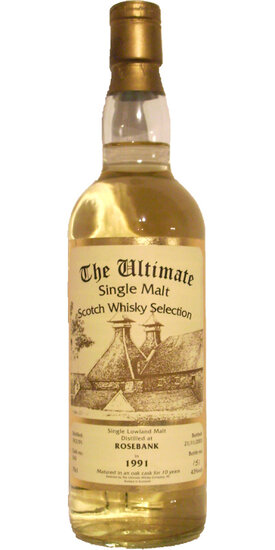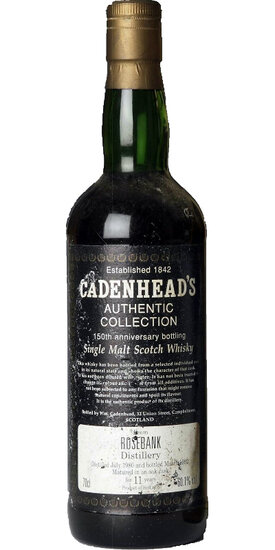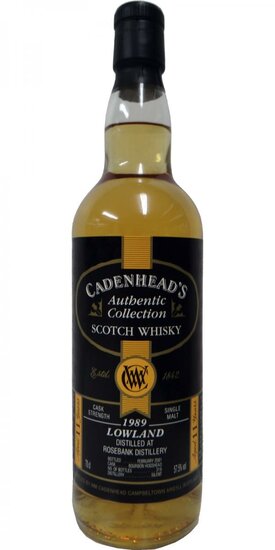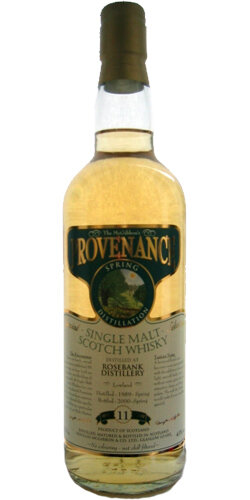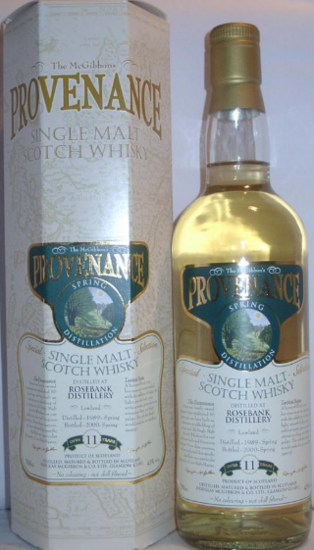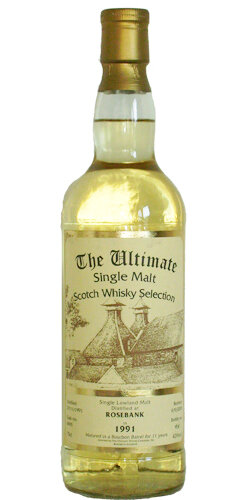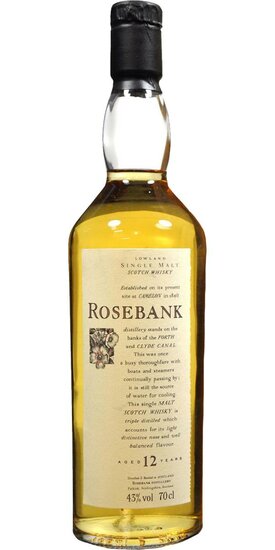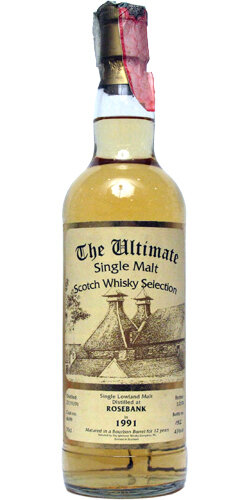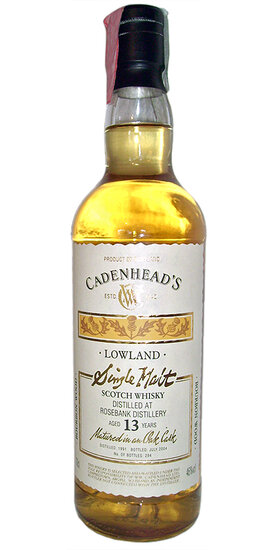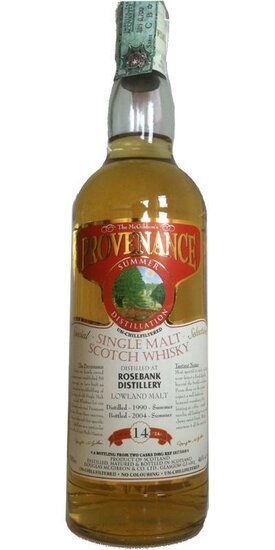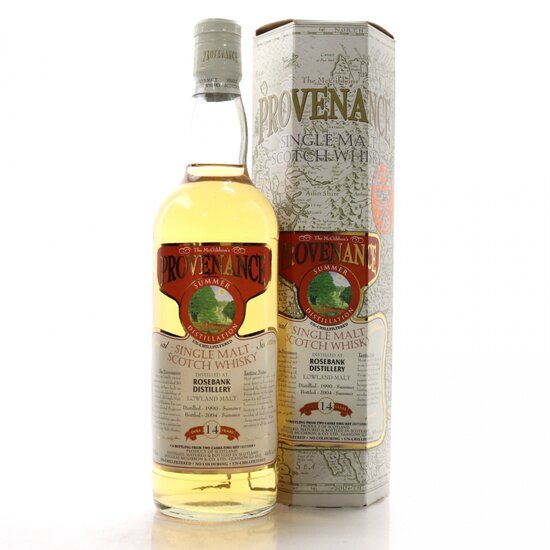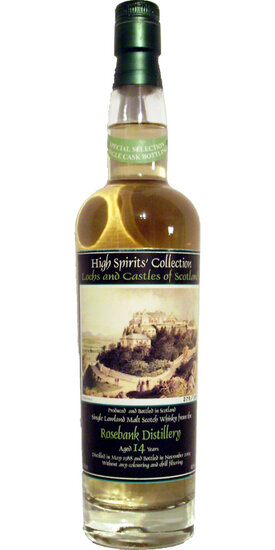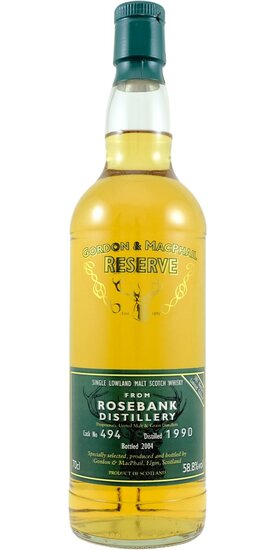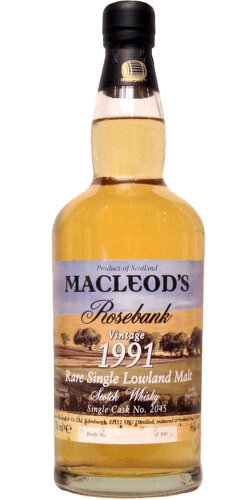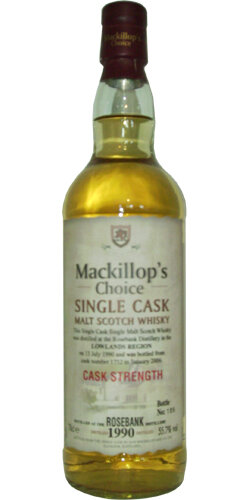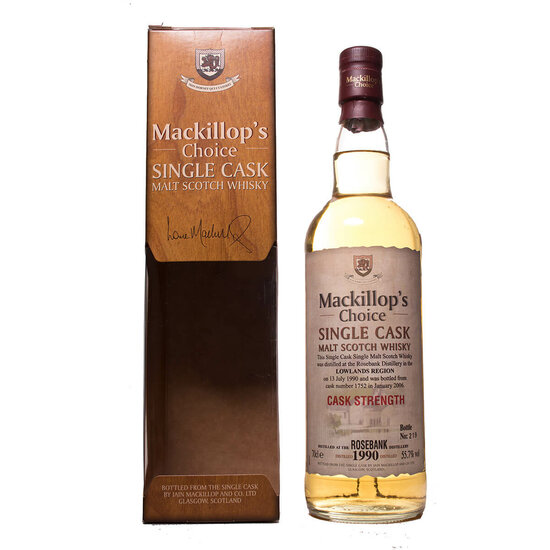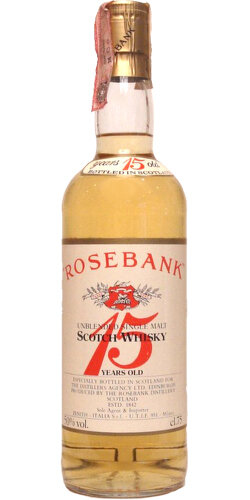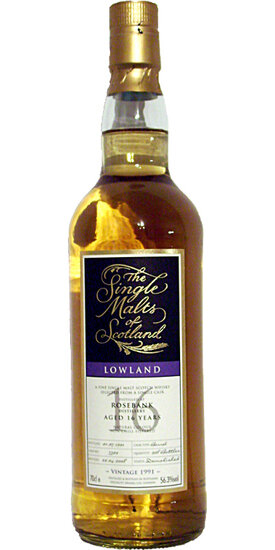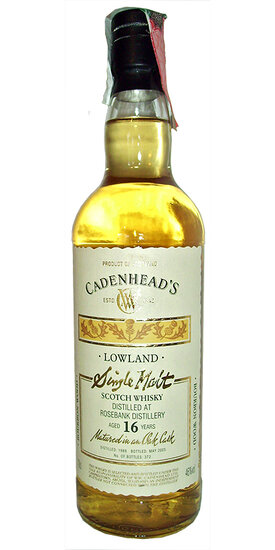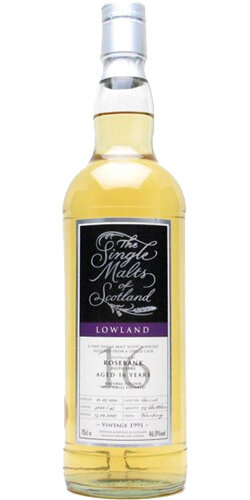Rosebank Distillery
In the world of Scotch whisky, there are distilleries that have achieved near-mythical status. One such distillery is Rosebank, located on the banks of the Forth and Clyde Canal in Falkirk. Although the doors of this distillery have been closed for more than two decades, Rosebank remains a beloved name among whisky enthusiasts. This article delves into the history, closure, and legacy of the legendary Rosebank Distillery.
A Rich History
Rosebank Distillery was established in 1840 by James Rankine, but the roots of whisky production in the area date back to the late 18th century. The distillery was ideally situated along the Forth and Clyde Canal, facilitating the transport of raw materials and finished products. Rosebank quickly became known for its unique style of Lowland whisky, characterized by a triple distillation process that resulted in a light, delicate, and floral spirit.
Throughout the 19th and early 20th centuries, Rosebank grew in popularity and reputation. The distillery remained innovative and adhered to traditional methods, even as the whisky industry underwent significant changes. The years following World War II, however, were challenging for the Scotch whisky industry, and Rosebank was no exception.
The Closure
In 1993, United Distillers, the then-owner of Rosebank, closed the distillery. The closure was a blow to the local community and the whisky world at large. Officially, the closure was attributed to economic reasons and the need to consolidate production. At the time, Rosebank was not equipped with modern cooling water and waste treatment facilities, which would have required significant investment to bring the distillery up to date.
Another reason often cited for the closure is the competition from other distilleries within United Distillers' portfolio. Glenkinchie, another Lowland distillery, was seen as a more commercially viable option to retain. The decision to close Rosebank instead of investing in modernization ultimately came down to corporate strategy.
The Legacy of Rosebank
Despite the closure, Rosebank whisky remains a coveted item. Bottlings of Rosebank are rare and highly valued by collectors and connoisseurs. The light, delicate nature of the whisky, combined with complex floral and fruity notes, makes it an exemplary representative of the Lowland style.
The triple distillation, a rarity in Scotland, contributed to the unique characteristics of Rosebank whisky. This process resulted in a softer and more refined spirit, ideal for long-term aging. The casks used for maturation, primarily ex-bourbon casks, added subtle vanilla and caramel notes, further enhancing the complexity of the whisky.
The Future of Rosebank
However, the story of Rosebank is taking a new turn. In 2017, it was announced that Ian Macleod Distillers would reopen the Rosebank Distillery. This news was met with great enthusiasm by the whisky community. The plans include a complete restoration of the original buildings and the installation of new equipment, including the traditional copper stills that were so characteristic of Rosebank.
The reopening of Rosebank offers a unique opportunity to bring a lost iconic whisky back to life. Ian Macleod Distillers has promised to remain faithful to the traditional methods that made Rosebank so beloved, including the triple distillation and the use of high-quality ex-bourbon casks.
Conclusion
The closed Rosebank Distillery remains a fascinating chapter in the history of Scotch whisky. Its legacy lives on in the rare bottles that are still in circulation, and the reopening of the distillery offers hope for a revival of a beloved whisky. For whisky lovers worldwide, Rosebank stands as a symbol of craftsmanship, tradition, and the enduring appeal of Scotch whisky.











